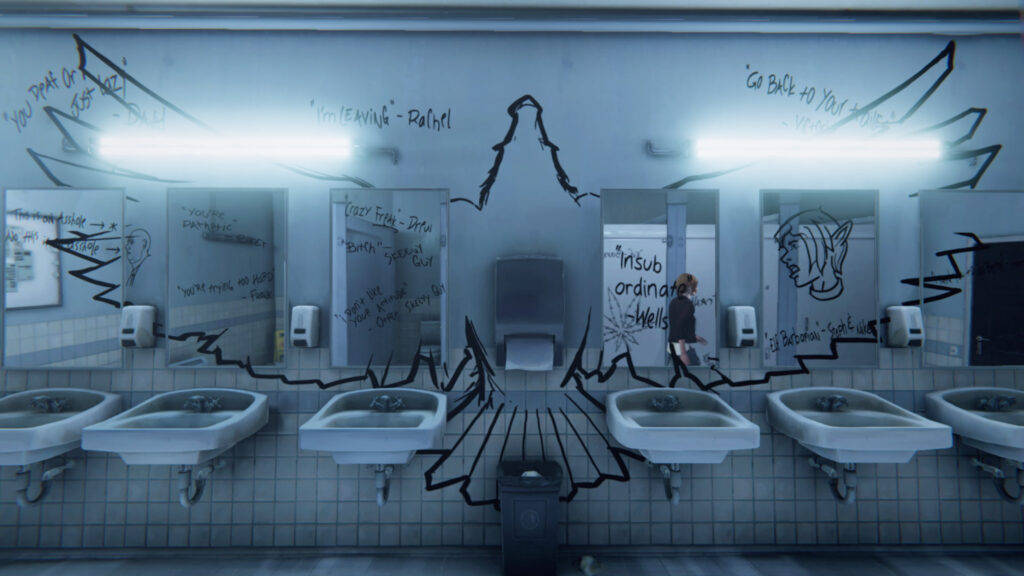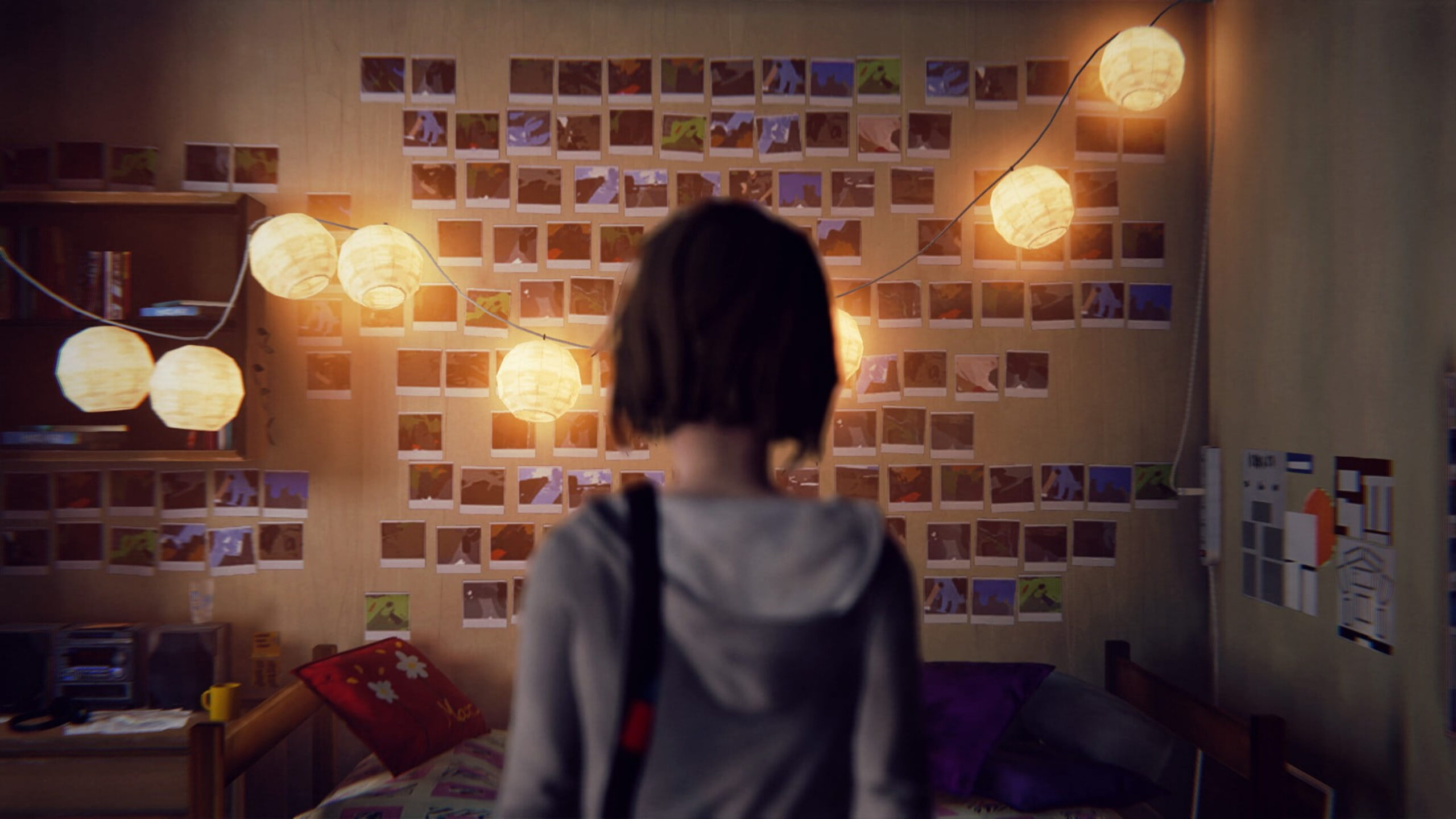Life is Strange : Does changing the past give us a better future, or is it just another path to regret?
For centuries, people have dreamed of going back in time to fix their mistakes. The game Life is Strange captures this timeless wish, giving Max the power to rewind and alter key events. But every time we try to “fix” the past, a deeper question emerges: does changing yesterday truly secure a better tomorrow, or is it simply another road to regret?
Every Change Comes at a Cost
The game makes it clear that no choice is free of consequences. Each attempt to rewrite the past brings unexpected results:
- Saving Chloe from death, again and again feels like the right thing to do at first. But the more Max interferes, the more reality itself pushes back—culminating in a catastrophic storm that threatens to wipe out Arcadia Bay. What begins as an act of love becomes a test of sacrifice.
- Rewinding time to save Chloe’s father from his accident looks like a victory. Yet this “fix” leads to an alternate reality where Chloe survives but is left paralyzed, confined to a wheelchair, and suffering unbearable pain—so much that she asks Max to help her die.
- Even smaller interventions, like helping Kate during her crisis, remind us how fragile human lives are. A single word or action can change someone’s fate forever. With every decision, Max discovers that altering the past creates a heavier moral burden rather than peace of mind.
Punishment for Breaking Time’s Flow
The world of Life is Strange punishes interference. The natural order rebels through strange and haunting signs: dead birds falling from the sky, beached whales lining the shore, and weather spiraling out of control. These are not random details; they are warnings. The message is simple—time is not a playground, and tampering with it comes at a devastating price.
Regret That Never Ends
Even with her supernatural ability, Max cannot escape regret. If she doesn’t change the past, she suffers guilt. If she does, she creates more pain. The cycle never ends. This echoes an existential truth: real peace doesn’t come from erasing mistakes but from taking responsibility for them and finding meaning in their consequences.
Conclusion
Life is Strange shows us that chasing a “perfect” timeline is an illusion. The more we rewrite, the more we lose. In the end, the question is not “Can I change the past?” but rather “Can I accept it and live with it?” True contentment comes not from bending time to our will, but from making peace with what has already been written.







Reply